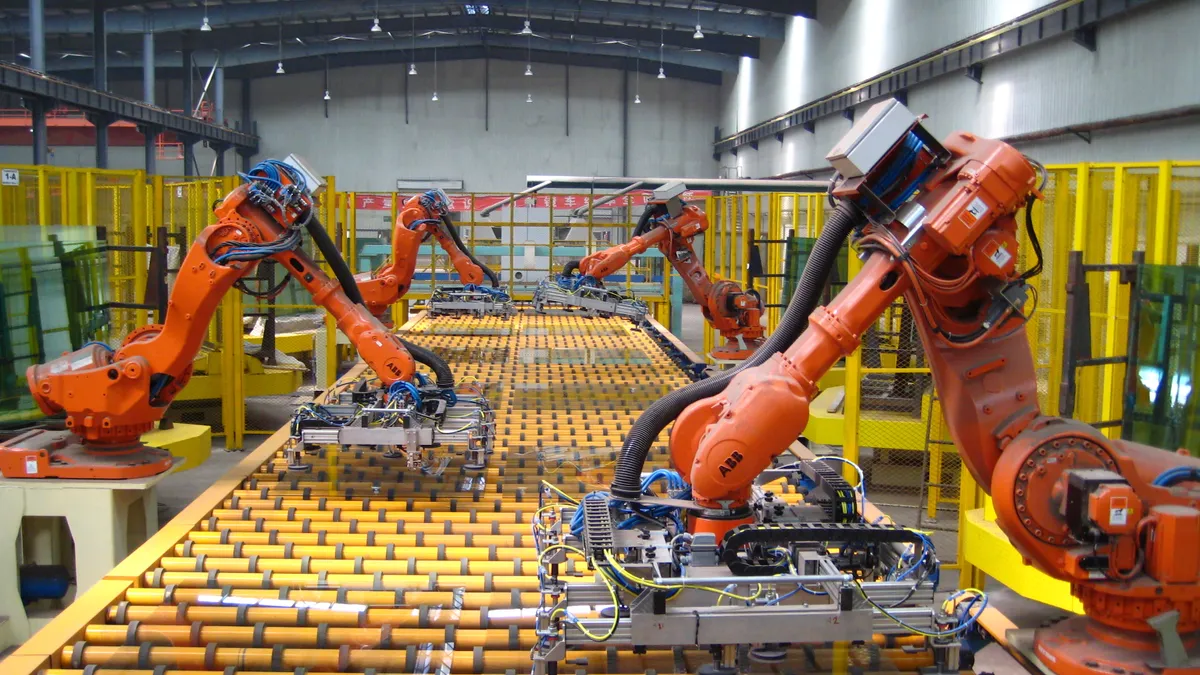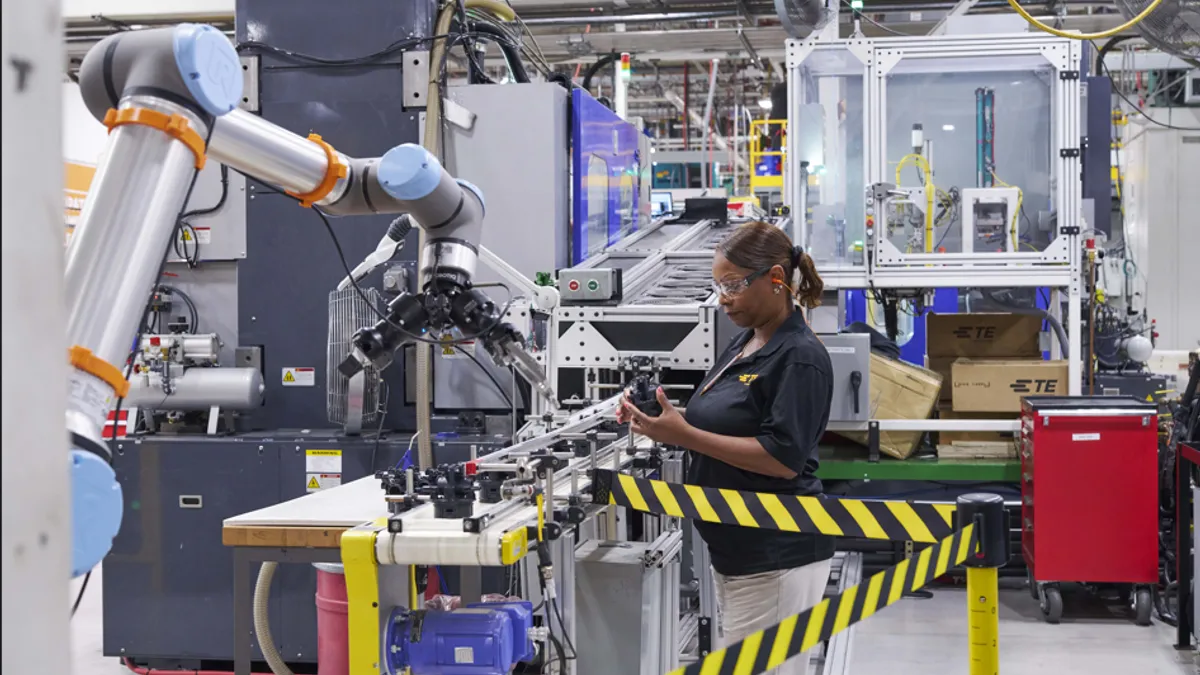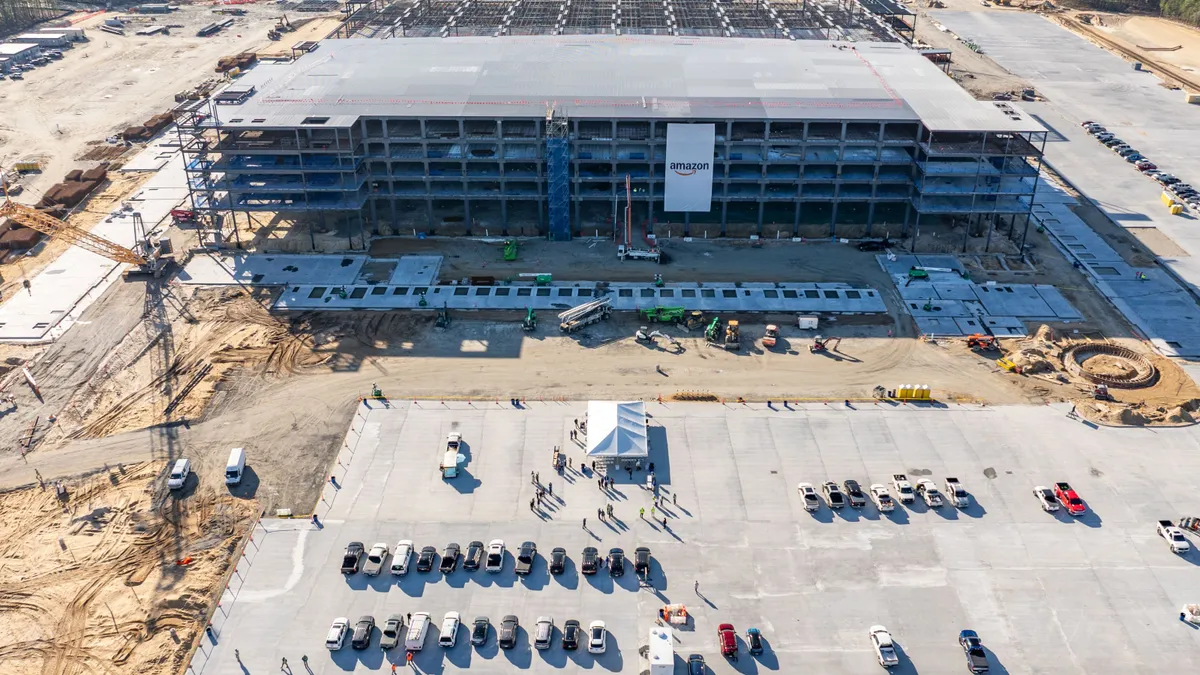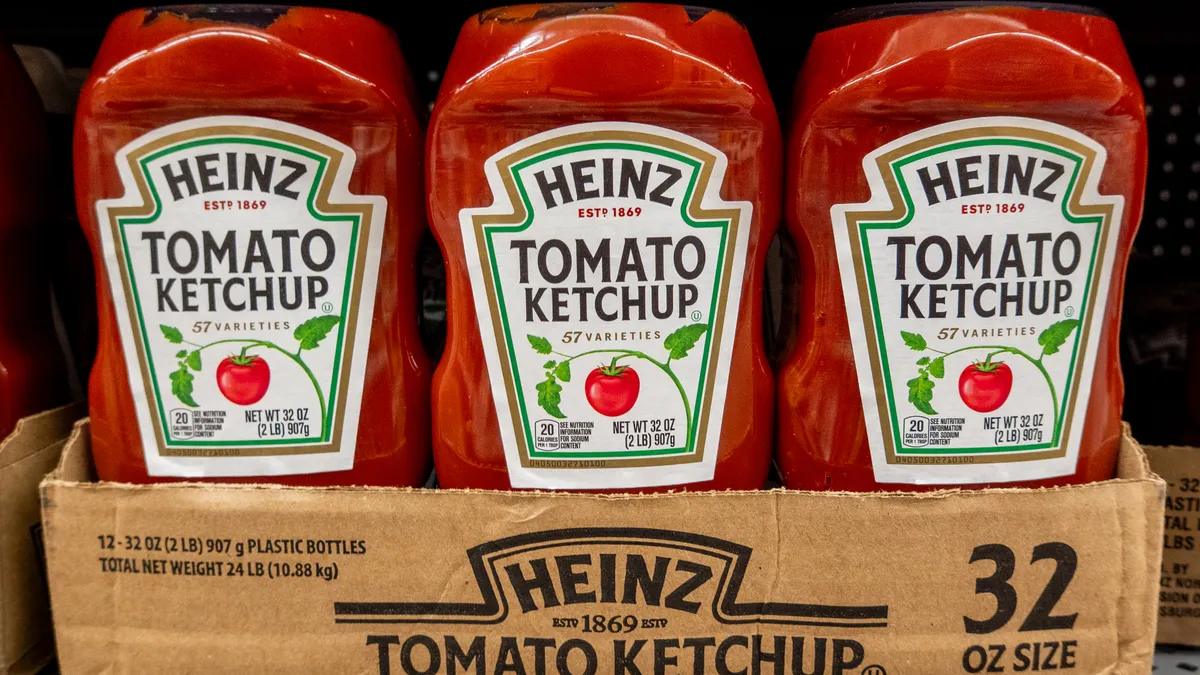The following is an opinion piece from Filemon Schöffer, co-founder and CCO of 3D Hubs, a 3D printing and manufacturing company. Opinions are the author's own.
Rather than constantly innovating over the last half century, parts manufacturing fell into complacency, sidestepping rather than moving forwards. As a result, the sector is struggling to keep up with the rapid pace of digital transformation.
With the growth of Industry 4.0 technologies, sluggish and inefficient traditional manufacturers are feeling the pinch; innovate or risk becoming outdated. This is accentuated by the speed at which digital manufacturing is growing.
Encompassing a range of techniques to produce parts, digital manufacturing is using technology to solve the pain points of traditional production methods. Underpinning this industry-wide evolution is artificial intelligence (AI) and machine learning.
AI is one of the most disruptive technologies of our time.
Said to be worth $70 billion by 2020, the machine learning industry has the potential to transform business operations regardless of the sector. According to a report from NewVantage Partners released earlier this year, over 90% of C-Suite execs say investment in AI and Big Data is required to develop and maintain agile and competitive businesses. And while there are examples of the benefits of AI in a variety of businesses, it's AI-equipped manufacturing companies that report the most significant added value.
As such, McKinsey expects the industry to be one of the AI vanguards, stating "Manufacturing is on the verge of a revolution in which artificial intelligence applications will disrupt end-to-end value chains amid radical shifts in demand." But a large portion of the industry is struggling to get started with advanced digitization. Although most decision-makers consider it important for their firms to implement AI, the majority are yet to get beyond a pilot phase.
According to PwC, the major issue holding them back is their mentality.
"Many industrial manufacturing companies have a traditional engineering mind-set that's risk averse and less conducive to large-scale internal process innovation," according to the consultancy's Industrial Manufacturing Report 2019.
That being said, the benefits for companies which integrate machine learning into day-to-day processes can be huge. Machine learning, when used to compliment human capital, can boost labor productivity by up to 40% and create significant increases across the value chain. For manufacturing, this goes beyond primary business functions (the actual manufacturing process) and applies to secondary processes such as sourcing, maintenance and supply chain communications.
One great example is using machine learning to generate quotes. Traditionally these can take up to three weeks to be approved. When an engineer is working on a product and needs a part for it, reducing iteration time is a huge advantage for the innovation process. That period can be drawn out for a number of reasons, but humans play a big role.
Imagine you're producing a part and you've selected three main factories around the world that have the capabilities to deliver the quality you desire. While your part is crucial to the success of your product, you're a smaller client and as such, the manufacturer doesn't give your part production priority. You wait weeks for the quotes to come back and when they do, one's been denied and the other two are overpriced.
Some firms may give you a higher price to incentivize you to go elsewhere as they believe running your part is not financially worthwhile. Others may actually believe this is the price the part is worth. Either way, the discrepancies are large and mainly based on a subjective human evaluation of the situation.
When you combine human bias with a back and forth communication cycle – often between time zones – it's easy to see how the inefficiencies can stack up. Take the example above however and apply a machine learning algorithm to the quotes process. Instead of the part quote being printed out and left on the sales desk, when you upload your part and pick your materials, a system analyzes the part immediately and determines – based on similar quotes – what it's worth and whether it's possible.
With these huge time and money saving abilities, the marriage of machine learning and manufacturing is projected to become increasingly important in business competitiveness and the sector's growth.
Large manufacturers may be content despite operating behind the curve, but that won't cut it forever.
The benefits are huge for those who embrace innovation and technology. For those that don't, the scenario is looking a bit like the crossroads Blockbuster and Netflix faced 10 years ago. In the long run, if traditional manufacturers truly believe in empowering engineers, the decision will be easy to make.
This story was first published in our weekly newsletter, Supply Chain Dive: Operations. Sign up here.




















